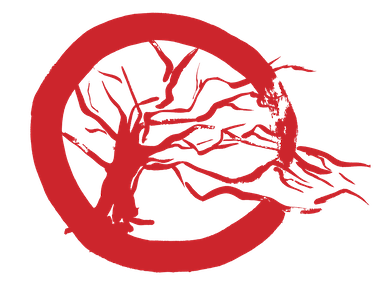
Maternal Mental Health
Mood changes that occur during pregnancy and/or following the birth of a baby, can be anywhere from mild to severe. It has long been referred to as the “baby blues,” which are mood swings, anxiety, and insomnia up to two weeks after giving birth. For different reasons and risk factors, women can develop prolonged symptoms, that may fall under the umbrella of Perinatal Mood Disorders.
Approximately 1 in 10 women will experience postpartum depression after giving birth, with some studies reporting 1 in 7 women. Postpartum depression generally lasts 3 to 6 months, however, this varies based on several factors.
A study in the Journal of Racial and Health Disparities found that the risk of postpartum depression is nearly 40% higher in Latina women; and it has also been determined that 1 in 10 fathers experience PPD or anxiety.
At the core in addressing perinatal mood disorders in the lives of Latinas undocumented/immigrant women, is the lack of culturally proficient and linguistically appropriate care, within an unresponsive mental health industry. Coming from a diverse and heterogeneous cultural background with ancestral lineage our construction of mental illness and how to cope is different from the central model of care.
The higher risk of postpartum depression in Latina mothers could be explained by various factors, such as: socioeconomic status, community of residence, immigrant status and fear of deportation, trafficking, living in rented rooms and overcrowded conditions. At the personal level, many women struggle with relationships conflicts, intimate violence, limited or no social support, as their family of support remain in their country of origin. The lack of a comprehensive framework to understand their reality has limited the provision of services, as they face language barriers and limited access to health care.
At Emotional Landscaping we provide services and support, from a cultural framework to respond to Latinas external and internal conditions. We believe that culture is everything and is the lens through which we understand our world. We are bound by the rules of our culture in shaping our behavior and our emotional life. We utilized women’s words and cultural expressions, traditions and cultural beliefs, remedios (remedies), and their perception of health and illness in order to help them understand their reality and the cultural dissonance of living in this country.
Our experience with Latina immigrant women has taught us the need to move from a medical model and develop a different framework from which to listen, and understand, their narrative, establish a collaborative relationship, and a network of support.
We provide individual psychotherapy, coordination and support with other providers, and support groups which provides a cultural and emotional connection, as well as a sense of belonging. The support groups are known as Circulos de Apoyo, a non-judgmental space to share experiences and support.
